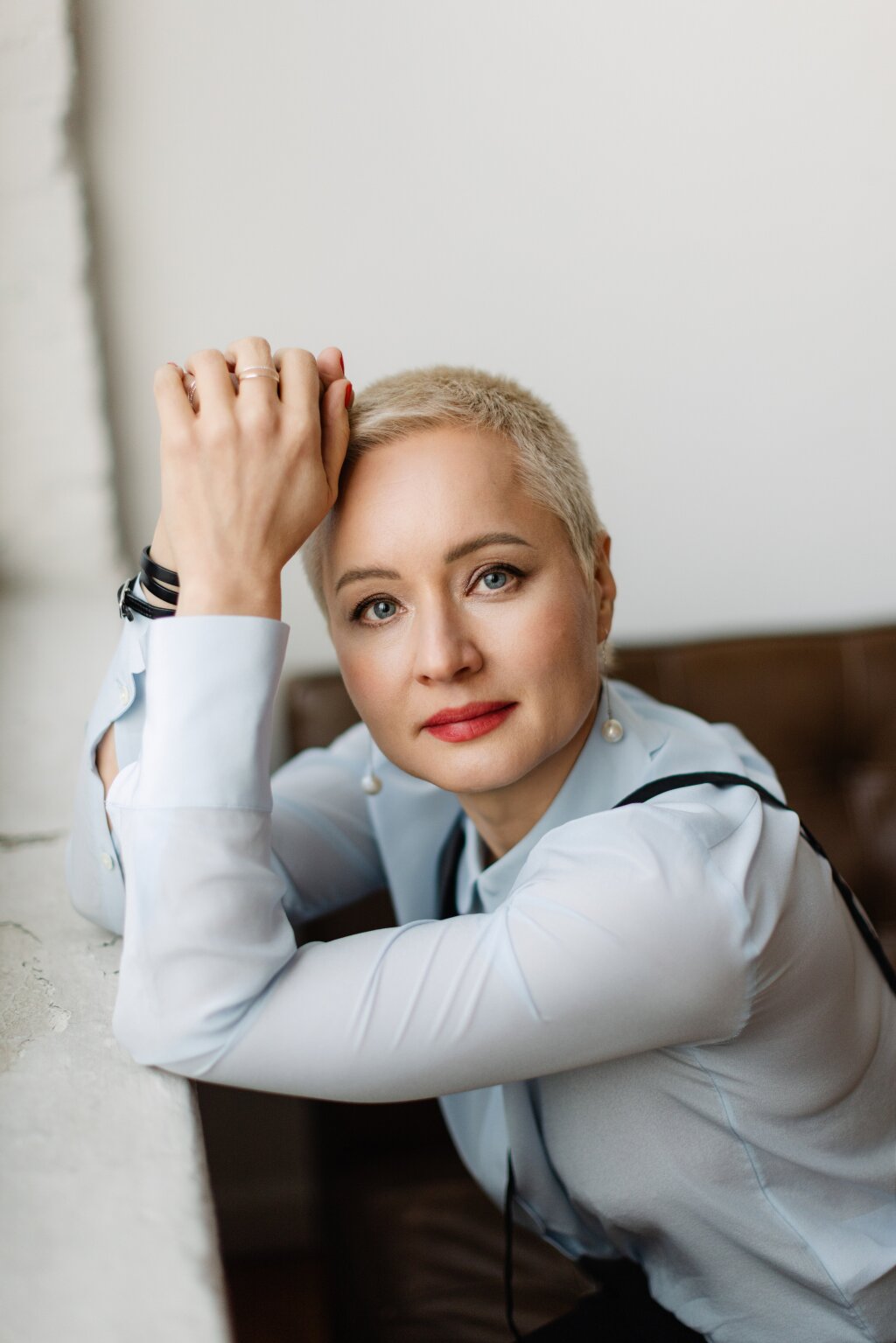Over the past year, changing the date of celebration of Christmas in Ukraine to align it with both Western Christianity and the Eastern Orthodox churches associated with the Patriarchate of Constantinople, has taken the symbolic importance of the dissociation in religious matters from Russia, a process with a specific historicity. The fact that realignments within the Christian Orthodox realm have traditionally expressed themselves through questions of controlling time is not new. In 1922-1923, the adoption of the “reformed calendar” by a certain number of Orthodox churches led to a round of divisions. This may sound as just another episode in a long-lasting series of “byzantine” theological quarrels. It is far from being that. The “calendar” reform was just one of a series of highly political reforms that a group of Greek-Orthodox reformers had been advocating on the eve of WWI and which were projected in the limelight during the acceleration of time (in R. Koselleck’s terms) provoked by the War. It consisted in envisioning a new, imperial, but post-ottoman and post-Russian, configuration for the Eastern Orthodox churches with a two-fold goal: preserve the primacy of the Greek-orthodox despite the emergence of national churches and adapt it to the new geopolitical developments of the Age of Empires. The network of these reformers rotating around an Athens-Constantinople (Istanbul) axis and active from Alexandria to Tbilissi, and from Jerusalem to Bitola, but also in the USA, had a narrow window of opportunity in the aftermath of the Russian revolution and the end of WWI. The calendar question of 1922-1923 finally encapsulated in a nutshell the conflicts and resistances around this project. But though it was finally not fully realized, it has left its indelible mark, and one can even say its blueprint, in the way religion is politicized in Europe’s orthodox borderlands, whenever time accelerates, whether that be 1947, 1991 or even 2023…
This event will be hosted in person and virtually on Zoom. Register for the Zoom meeting here. Non-NYU affiliates must RSVP for in-person campus access.
Τassos Anastassiadis is an Associate Professor in the Department of History at McGill University and Papachristidis Chair in Modern Greek and Greek-Canadian Studies, working on the interplay between transimperial individual mobilities and institutional reforms in the Eastern Mediterranean during the 19th and 20th c. with a focus on the domains of religion/confessionalization, education and state formation. His most recent book, La réforme orthodoxe: Église, État et société en Grèce à l’époque de la confessionnalisation post-ottomane (1833-1940), won the Fonds de Recherche du Québec - Société et Culture Prize Louise-Dandurand.



